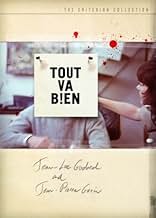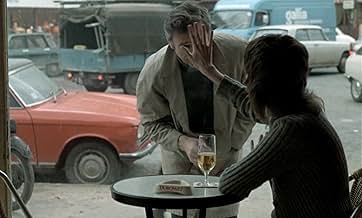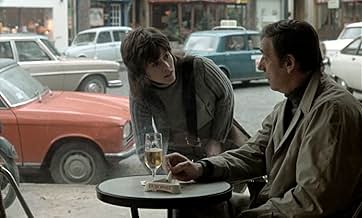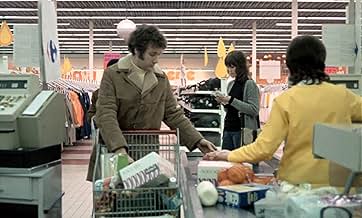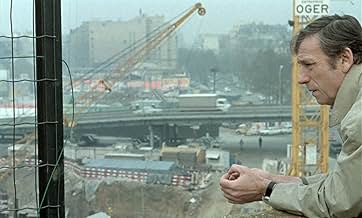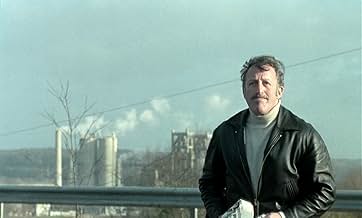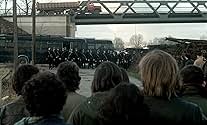Una coppia di intellettuali in crisi, lui regista impegnato, lei giornalista americana, è coinvolta nell'occupazione di una fabbrica di salumi dove si scontrano sindacalisti tradizionali ed ... Leggi tuttoUna coppia di intellettuali in crisi, lui regista impegnato, lei giornalista americana, è coinvolta nell'occupazione di una fabbrica di salumi dove si scontrano sindacalisti tradizionali ed estremisti.Una coppia di intellettuali in crisi, lui regista impegnato, lei giornalista americana, è coinvolta nell'occupazione di una fabbrica di salumi dove si scontrano sindacalisti tradizionali ed estremisti.

